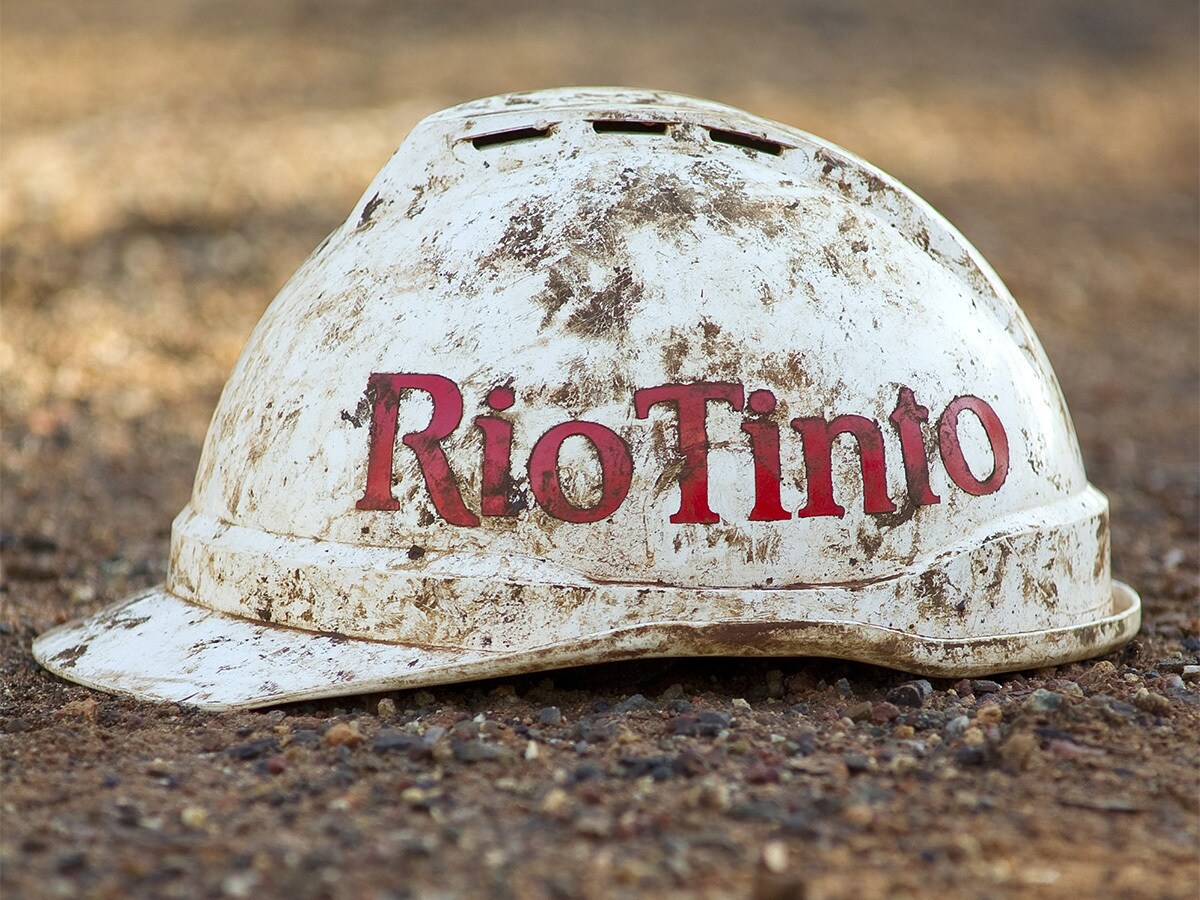The Rio Tinto [RIO.L] share price has struggled in 2022, despite strong earnings and the announcement of its first greenfield site in more than a decade.
The miner claims its Gudai-Darri mine is its most technologically advanced yet. Opened in Western Australia, the iron-ore mine boasts autonomous trucks, drills and trains, as well as a robotic ore sampling laboratory.
And iron ore production is what it is all about for Rio Tinto thanks to demand from China and supply constraints driving up the metal’s price. Last year, iron ore accounted for almost three-quarters of Rio Tinto’s underlying cash profits.
The hope is that Gudai-Darri will increase iron ore production volumes with its annual capacity of 43 million tonnes.
Yet, despite the news of the new mine, Rio Tinto’s share price remains tied to wider fluctuations in commodity markets.
What mining technology means for Rio Tinto’s share price
Gudai-Darri is Rio Tinto’s first greenfield site in more than a decade. Back in 2013, the company’s management decided to stop building new mines in favour of working existing mines harder. That strategy impacted production and quality.
According to Rio Tinto iron ore chief executive Simon Trott, Gudai-Darri represents a “step change” in the miner’s iron ore business, and the mine’s combination of “data and analytics and automation” will make it safer and more productive.
Rio isn’t alone in pioneering future-facing technologies in mining. BHP [BHP] announced in 2019 that it would work with the Australian government to create an industry-led Australian Robotics Cluster in Queensland. According to analysis from industry website Mining Technology, 39.7% of the companies included in the analysis are hiring for robotics related positions, compared with 17.9% the previous year.
Although high-tech mining isn’t exactly cheap, with Gudai-Darri carrying a $3.1bn price tag. Rio Tinto is also likely to fork out billions on its next mines. However, the benefit should be increased productivity, which could translate to better revenues and higher shareholder returns.
Rio Tinto’s share price slumps as iron ore prices fall
Rising commodity prices have pushed up Rio Tinto’s profits. In 2021, profit after tax came in at $21.1bn, more than doubling the previous year’s $9.8bn. Underlying EBITDA was $31.7bn, with iron ore accounting for $27.6bn of that figure.
Even if production costs increase, Rio could still produce the ore at low costs and sell it in a still strong commodity market. However, investors shouldn’t forget that Rio Tinto’s share price is at the mercy of any downturn in iron ore prices.
This is the reason why Rio Tinto’s stock had a difficult June. On 7 June, shares in Rio Tinto opened at 6,017p, but have since fallen sharply to close Friday 24 June at 4,979p. The decline in Rio’s stock correlates with iron ore prices sinking to a six-month low following weakened demand from steel mills in China. Some analysts have warned that prices could fall to as low as $100 a tonne.
New mines or not, Rio Tinto’s share price — just like its underlying business — is dependent on how much people are willing to pay for commodities like iron ore.
As it stands, of the 21 analysts polled by Refiniv, Rio Tinto’s share price carries a median 6,400.81p price target, suggesting a 28.6% upside on its 24 June closing price. For income seekers, Rio Tinto’s stock carries a 11% forward yield.
Disclaimer Past performance is not a reliable indicator of future results.
CMC Markets is an execution-only service provider. The material (whether or not it states any opinions) is for general information purposes only, and does not take into account your personal circumstances or objectives. Nothing in this material is (or should be considered to be) financial, investment or other advice on which reliance should be placed. No opinion given in the material constitutes a recommendation by CMC Markets or the author that any particular investment, security, transaction or investment strategy is suitable for any specific person.
The material has not been prepared in accordance with legal requirements designed to promote the independence of investment research. Although we are not specifically prevented from dealing before providing this material, we do not seek to take advantage of the material prior to its dissemination.
CMC Markets does not endorse or offer opinion on the trading strategies used by the author. Their trading strategies do not guarantee any return and CMC Markets shall not be held responsible for any loss that you may incur, either directly or indirectly, arising from any investment based on any information contained herein.
*Tax treatment depends on individual circumstances and can change or may differ in a jurisdiction other than the UK.
Continue reading for FREE
- Includes free newsletter updates, unsubscribe anytime. Privacy policy





